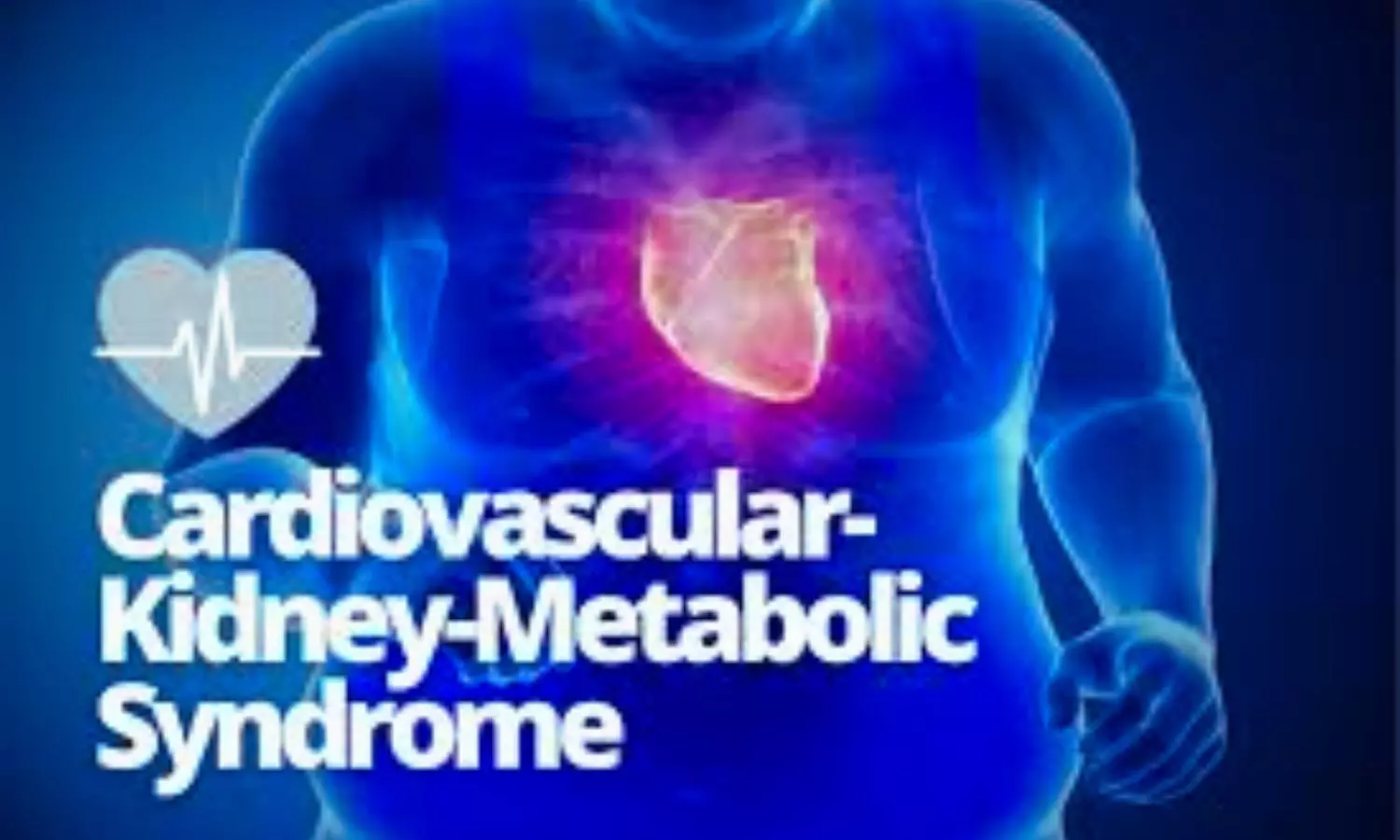Childhood to Adulthood BMI Shift Linked to Midlife Cardiovascular, Kidney, and Metabolic Risks: Study
- byDoctor News Daily Team
- 27 October, 2025
- 0 Comments
- 0 Mins

China: A long-term cohort study published inDiabetes Carehas shed light on how changes inbody mass index (BMI)fromchildhoodto adulthood impact the risk of developing cardiovascular-kidney-metabolic (CKM) syndrome in midlife. Conducted by Yang Wang and colleagues from the Department of Cardiovascular Medicine at the First Affiliated Hospital of Xi’an Jiaotong University, the 36-year study provides important evidence on how early-life weight trends shape long-term health outcomes. The research, based on the Hanzhong Adolescent Hypertension Study, followed 1,997 participants aged 6 to 18 years at baseline, tracking them into their late 40s (mean age 48.12 years). Participants were categorized into four BMI trajectory groups: persistently normal, incident overweight (normal BMI in childhood shifting to overweight in adulthood), persistentoverweight, and resolved overweight (high childhood BMI that normalized by adulthood). The study revealed the following findings: “Transitioning from normal weight in childhood to overweight in adulthood poses a substantial risk to cardiometabolic and renal health in midlife,” noted the authors. “However, if elevated childhood BMI resolves by adulthood, these risks are significantly diminished.” CKM syndrome encompasses a spectrum of interconnected disorders involving the heart, kidneys, and metabolic systems. It progresses in stages, with early intervention seen as key to preventing irreversible health outcomes later in life. The study's use of multivariable regression models allowed for a nuanced understanding of how BMI changes interact with the different components of CKM syndrome over time. These findings emphasize the long-term consequences of weight gain during adulthood and highlight the potential benefits of maintaining or achieving a healthy BMI early in life. The researchers emphasize that efforts to prevent adult weight gain—particularly among those with normal childhood weight—could play a crucial role in mitigating midlife health risks related to the heart, kidneys, and metabolism. Yang Wang, Yang Yang, Jing Chen, Ming-Fei Du, Yue Sun, Dan Wang, Hao Jia, Gui-Lin Hu, Zi-Yue Man, Teng Zhang, Sheng-Hao Zuo, Chao Chu, Ming-Ke Chang, Ze-Jiaxin Niu, Ying Xiong, Hao Li, Shi Yao, Lei Chen, Jie Ren, Yu-Ming Kang, Zu-Yi Yuan, Duo-Lao Wang, Gregory Y. H. Lip, Zheng Liu, Jian-Jun Mu; Transition of BMI Status From Childhood to Adulthood and Cardiovascular-Kidney-Metabolic Syndrome in Midlife: A 36-Year Cohort Study. Diabetes Care 2025; dca250027. https://doi.org/10.2337/dca25-0027
Disclaimer: This website is designed for healthcare professionals and serves solely for informational purposes.
The content provided should not be interpreted as medical advice, diagnosis, treatment recommendations, prescriptions, or endorsements of specific medical practices. It is not a replacement for professional medical consultation or the expertise of a licensed healthcare provider.
Given the ever-evolving nature of medical science, we strive to keep our information accurate and up to date. However, we do not guarantee the completeness or accuracy of the content.
If you come across any inconsistencies, please reach out to us at
admin@doctornewsdaily.com.
We do not support or endorse medical opinions, treatments, or recommendations that contradict the advice of qualified healthcare professionals.
By using this website, you agree to our
Terms of Use,
Privacy Policy, and
Advertisement Policy.
For further details, please review our
Full Disclaimer.
Recent News
DME Haryana round 3 NEET counselling dates revised
- 27 October, 2025
Hospital lapse: GB Pant website continues to name...
- 27 October, 2025
NEET counselling: MP DME releases final vacancies...
- 27 October, 2025
Daily Newsletter
Get all the top stories from Blogs to keep track.


0 Comments
Post a comment
No comments yet. Be the first to comment!